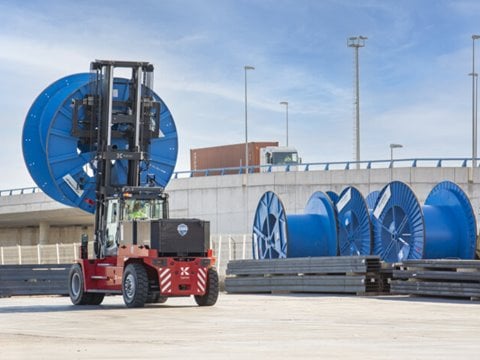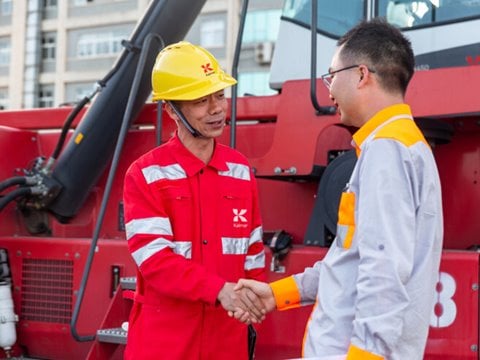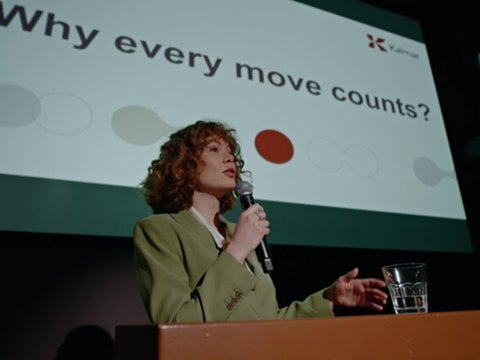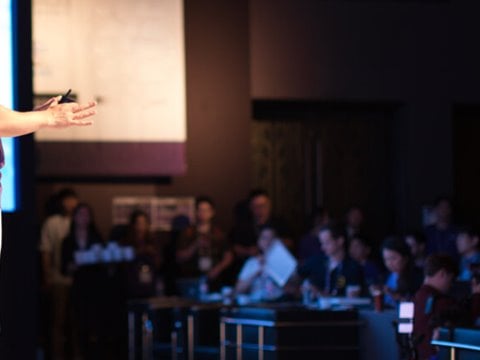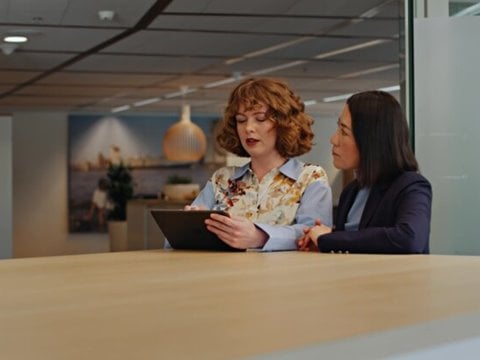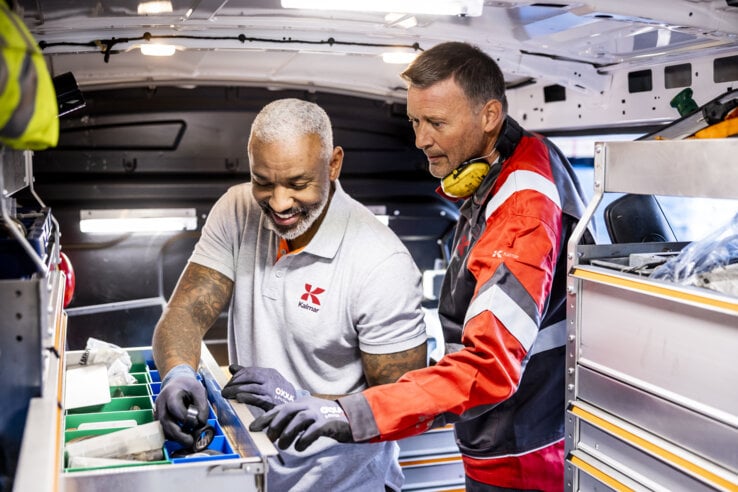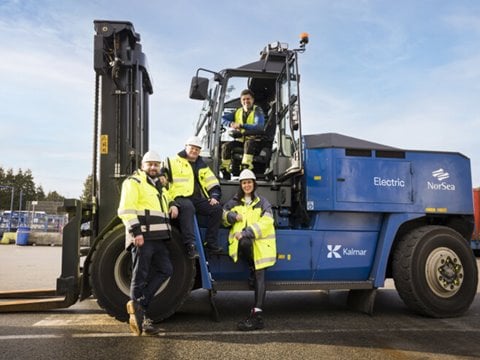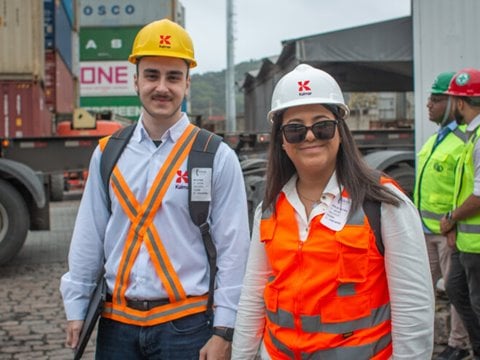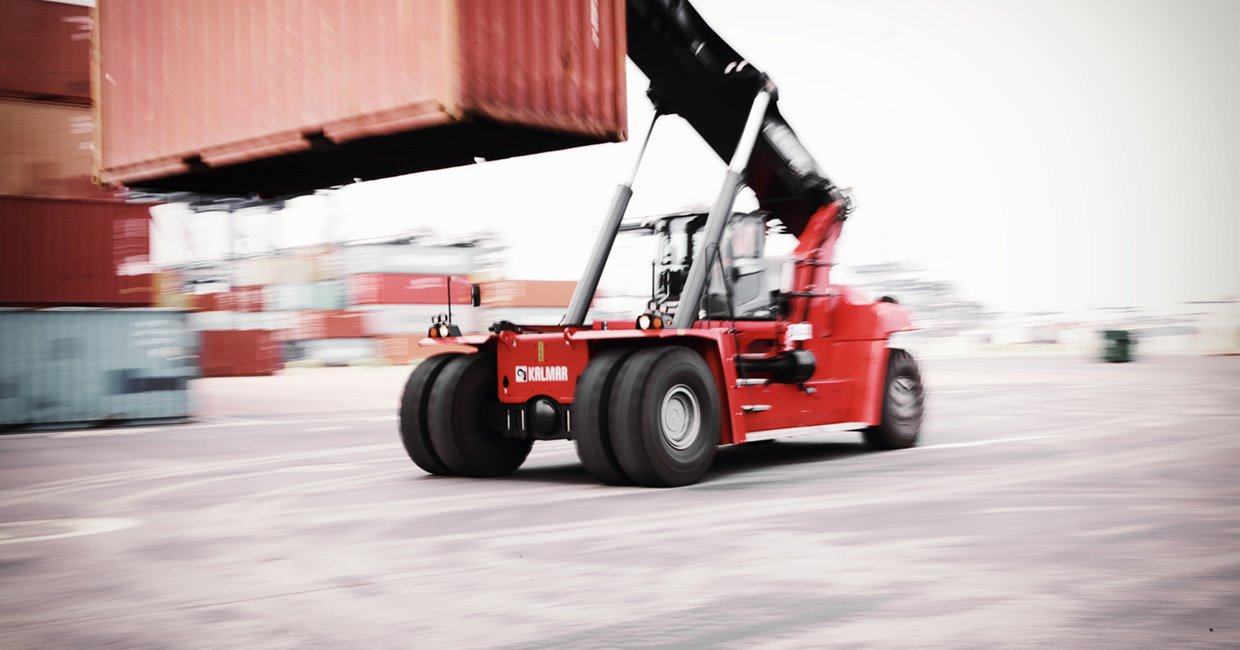
Kalmar helps customers meet container weighing requirements
Kalmar is working with customers around the world to help them meet the requirements of the amended Safety of Life at Sea Convention by retrofitting equipment to enable weighing of packed containers.
Accurate cargo weight is an important factor in ensuring the safe operation of ships. The World Shipping Council observes that containers that are overweight (meaning that they weigh more than the declared weight provided by the shipper) create safety concerns for the ship, its crew, other cargo on board and the workers in the port facilities handling the cargo.
The amendments to the Safety of Life at Sea Convention (SOLAS) that came into effect on 1 July 2016 relate to the verification of container weights. The changes mean that without a verified gross mass, a packed container cannot be loaded aboard ship.
Under the amendments introduced by the International Maritime Organization (IMO), there are two permissible methods for weighing:
- Method 1 - weighing the container after it has been packed
- Method 2 - weighing all the cargo and contents of the container and adding those weights to the container’s tare weight as indicated on the door end of the container
The shipper - or by arrangement of the shipper, a third party - has a responsibility to weigh the packed container or weigh its contents. The weighing equipment used must meet national certification and calibration requirements.
The ability to weigh containers using the same equipment used to move them creates a seamless process for the customers.
These changes have required shippers, freight forwarders, vessel operators and terminal operators to establish policies and procedures to ensure implementation. However, Kari Mattila, Director, Kalmar Services Product Portfolio Management says it is important to make terminal operator customers fully aware of the changes to SOLAS since, although verification of container weights before the container is loaded to ship has been mandatory since the middle of last year, not all countries have given local instructions.
For the shipper’s weight verification to be compliant with the SOLAS requirement, it must be ‘signed’, meaning a specific person representing the shipper is named and identified as having verified the accuracy of the weight calculation on behalf of the shipper.
A turnkey container weighing solution
The lack of signed shipper weight verification can be remedied by weighing the packed container at the port. To help customers ensure that their containers are weighed in accordance with SOLAS and thus guarantee safe and smooth material flow, Kalmar is providing a turnkey container weighing solution as a retrofit.
“Our solution is based on the method where the container is weighed after it has been packed. Currently we have third party-type examination certifications available for Kalmar reachstackers and straddle carriers, achieving accuracy of 0.5-2% which is sufficient for customers to assure authorities that their weights are certified,” explains Mattila. “The solution includes installation of the system, verification (if needed) and calibration.”
The ability to weigh containers using the same equipment used to move them creates a seamless process for customers, eliminating the requirement to weigh containers separately on a vehicle scale.
“By having their Kalmar machines upgraded by our own service team, customers can be assured that the solution has been tested and verified on the equipment they use,” adds Mattila. “We have already completed more than 100 installations with this solution and with our experience we are able to guarantee minimum equipment downtime when doing the implementation.”
While the SOLAS amendments apply globally, the absence of a single international approval for weighing equipment has caused some shippers to ask if equipment can be approved internationally and whether values given will be accepted everywhere in the world. According to the World Shipping Council, this is a matter for determination by SOLAS signatory states. It is the case, however, that all equipment used will need to meet the applicable accuracy standards and requirements of the state in which it is being used.
Related articles
Further reading
Subscribe and receive updates in your email
Subscribe
